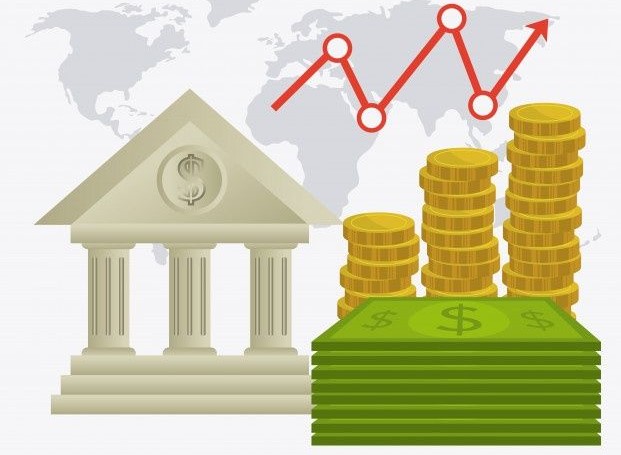Read Time:2 Minute, 14 Second
Understanding the global economy on an international scale involves analyzing various factors that influence economic activities across countries and regions. Here are some key components to consider:
- Trade and Globalization: International trade plays a significant role in the global economy, driving economic growth, development, and integration among countries. Factors such as tariffs, trade agreements, and trade imbalances impact the flow of goods and services across borders.
- Currency Exchange Rates: Exchange rates determine the value of one currency relative to another, influencing international trade, investment, and capital flows. Exchange rate fluctuations can affect the competitiveness of exports and imports, as well as the profitability of multinational corporations.
- Global Financial Markets: Financial markets, including stocks, bonds, currencies, and commodities, are interconnected on a global scale. Developments in financial markets, such as interest rate changes, stock market volatility, and credit availability, can have widespread effects on economies worldwide.
- International Monetary System: The international monetary system comprises institutions, agreements, and policies governing monetary relations among countries. Key components include central banks, currency reserves, and international financial institutions like the International Monetary Fund (IMF) and World Bank.
- Global Economic Indicators: Indicators such as Gross Domestic Product (GDP), inflation rates, unemployment rates, and consumer confidence provide insights into the health and performance of national economies. Analyzing these indicators helps assess economic trends and potential risks at both the domestic and global levels.
- Global Supply Chains: Many industries operate within complex global supply chains, where components and production processes span multiple countries. Disruptions to these supply chains, whether due to natural disasters, geopolitical tensions, or pandemics, can have cascading effects on economies worldwide.
- International Development: Disparities in economic development exist among countries, with some nations experiencing rapid growth and industrialization while others struggle with poverty and underdevelopment. Understanding the dynamics of international development involves examining factors such as foreign aid, investment, technology transfer, and institutional capacity-building.
- Geopolitical Factors: Geopolitical tensions, conflicts, and alliances can shape economic relations among nations. Issues such as trade disputes, sanctions, geopolitical rivalries, and regional instability can impact global economic stability and growth.
- Environmental and Sustainability Challenges: Environmental issues, including climate change, resource depletion, and pollution, have significant economic implications on a global scale. Addressing these challenges requires international cooperation and sustainable development strategies.
- Emerging Markets and Developing Economies: Emerging markets and developing economies represent important drivers of global economic growth, offering opportunities for investment, trade, and innovation. Understanding the unique characteristics and challenges of these economies is essential for navigating the global economic landscape.
By considering these various factors, analysts and policymakers can gain insights into the complexities of the global economy and formulate strategies to promote economic stability, growth, and development on an international scale.
